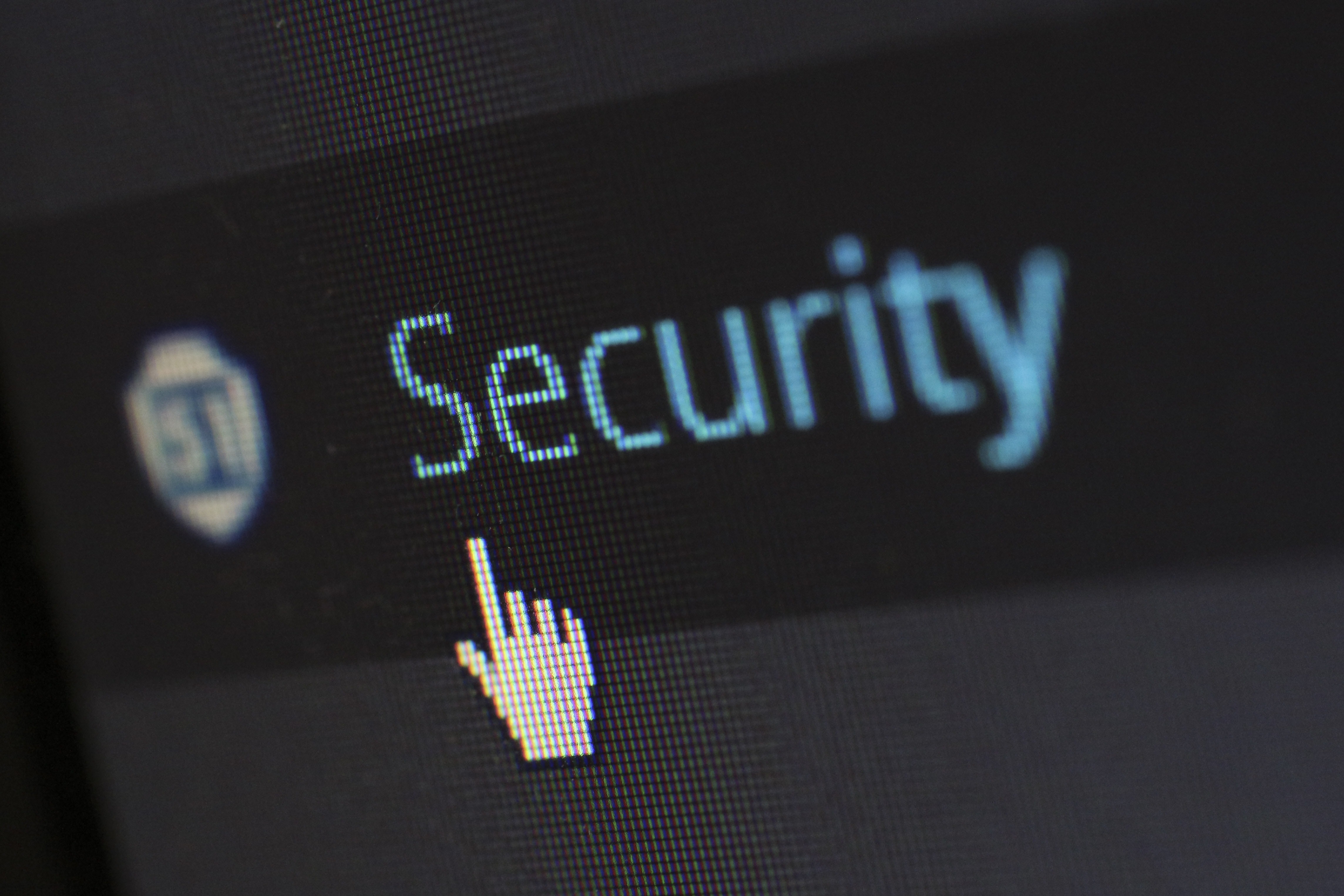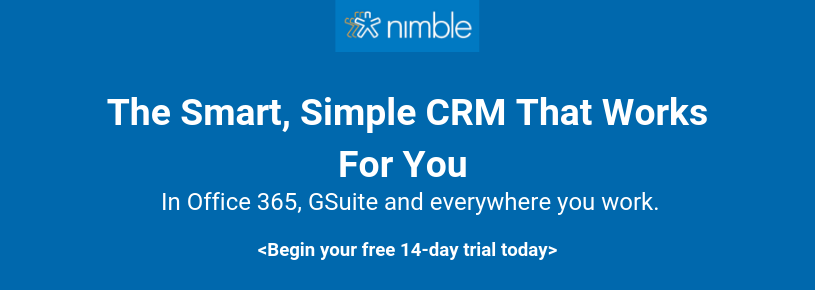Customer Relationship Management software (CRM) is a game-changing tool for organizations.
Companies looking to improve their services, increase their revenue, and grow their client base can benefit from using CRM. As the name implies, CRM software enables organizations to manage their clients effectively.
Businesses can store valuable customer data that can help build meaningful relationships. The data could include names, addresses, phone numbers, email, social media, and even credit card information.
However, all this user data sitting in a CRM application makes it a honeypot target for cybercriminals. Data breaches have reached an all-time high, and the damage to companies has been devastating.
Let’s take a look at the top five data breaches ever:
Yahoo
- Records affected: 3 billion (2013), 500 million (2014).
- Reason: Hacking.
First American Financial Corp
- Records affected: 885 million (2019).
- Reason: Poor security.
- Records affected: 540 million (2019).
- Reason: Poor security.
Marriott International
- Records affected: 500 million (2018).
- Reason: Hacking.
Friend Finder Networks
- Records affected: 412.2 million (2016).
- Reason: Poor security and hacking
These record-breaking breaches that took down industry leaders show that poor security can lead to hacking. A hacker finding a way into your network and stealing CRM data would be a disaster of epic proportions. I
t has already happened to a number of CRM providers, and will no doubt continue to happen to others. After a data breach, customers will lose trust in you, your brand will suffer, and you’ll end up getting sued, which is why securing your CRM data should be priority number one.
Here are five ways to protect your organization from cyberattacks and data breaches.
1. Secure Your IT Infrastructure
The first order of business is to make your IT infrastructure resist attacks. Ensure that all devices in your company use a secure operating system (OS) that receives regular updates and security patches.
We’re talking about desktop computers, laptops, phones, routers, servers, and other IoT hardware. Install a robust, enterprise-level security software solution from a top vendor. The basics to install are a firewall, antivirus, and email scanner.

Your chosen security solution must have real-time protection against zero-day malware attacks and phishing attempts. For extra protection against phishing, use an identity monitoring tool to check if your identity is compromised. Encrypt all your disks and install VPN to create a tunnel that encrypts your communication and browsing.
2. Conduct a Password Audit
Now that you’ve secured your IT infrastructure, it’s time to do an audit of all existing passwords on all devices that are part of your network. This task is arduous and may take a while, so you need to ask everyone in the organization to work as a team.
Each device should have its own robust and unique password. Instruct everyone never to use “qwerty,” birthdays, pet’s names, or family members’ details. If you find a weak password, delete it and enter a new one.
Password managers and some browsers can suggest strong passwords that are usually a combination of upper and lower case letters, numbers, and symbols. You can also combine four or more non-related words to make a strong password. Force multi-factor authentication on all devices, and use hardware security keys if you can.
3. Choose a Secure CRM Provider
Hackers will try to find out what CRM software you’re using before attacking you. This stage is when criminals attempt to find known vulnerabilities in the system and try to exploit them. Choosing a CRM solution from a trusted provider with a stellar security history can give you a buffer in case a hacker targets your business.
Do your due diligence before choosing a CRM provider. Make sure they follow ISO 27001 standards, offer unlimited access to your data, and easy account migration. Read the fine print on how your CRM prospects protect your data, and research if they were ever involved in a data breach.
4. Monitor Your CRM Data for Suspicious Activity
A compromised CRM will have an increase in activity logs, especially during the times when no one in the office is using it. Set up alerts that will automatically notify you about unauthorized access or possible data breaches. Setting up a dashboard that shows you real-time statistics on your CRM security and network can go a long way in tracking and preventing a breach.
5. Regular Cybersecurity Training for Your Staff
Conduct a security audit to weed-out obsolete systems, hardware, and security protocols. A review can also identify who among your staff needs extra attention when it comes to computer security. A recent study pointed out that 27% of all data breaches in the U.S. were due to human error. Conduct regular staff training on cybersecurity and online hygiene.
Educate your employees on how to spot phishing emails, fake websites, and spoof accounts from their contacts. They should know what to do when they encounter malware or a phishing attempt. Drill the basics of online safety, such as never clicking on links on an email without verifying the source first. Instruct them not to install browser addons that may steal or harvest data or download a file from an unknown source.
There are a plethora of dangerous and infected sites out there, especially the illegal movie streaming sites. Security training for your staff can go a long way to protecting your CRM data. The last thing you need is an employee accidentally giving a hacker login details or the network password.
Conclusion
The data in a CRM server makes it easier for sales and marketing teams to offer personalized products or services to clients. Finance and operations will find it easier to navigate payments and receivables. Logistics will be more effective at tracking down customers for deliveries or servicing. However, all this data would be equally valuable to a hacker, who can exploit a vulnerability and use it to steal your data.
Companies ask their clients to share more information for better services – there’s nothing wrong with that, and everyone is doing it. Therefore, organizations that store valuable user data must take the necessary steps to protect it from data breaches. If you’re using a CRM solution for your business, please follow the steps outlined above to keep your data secure.


